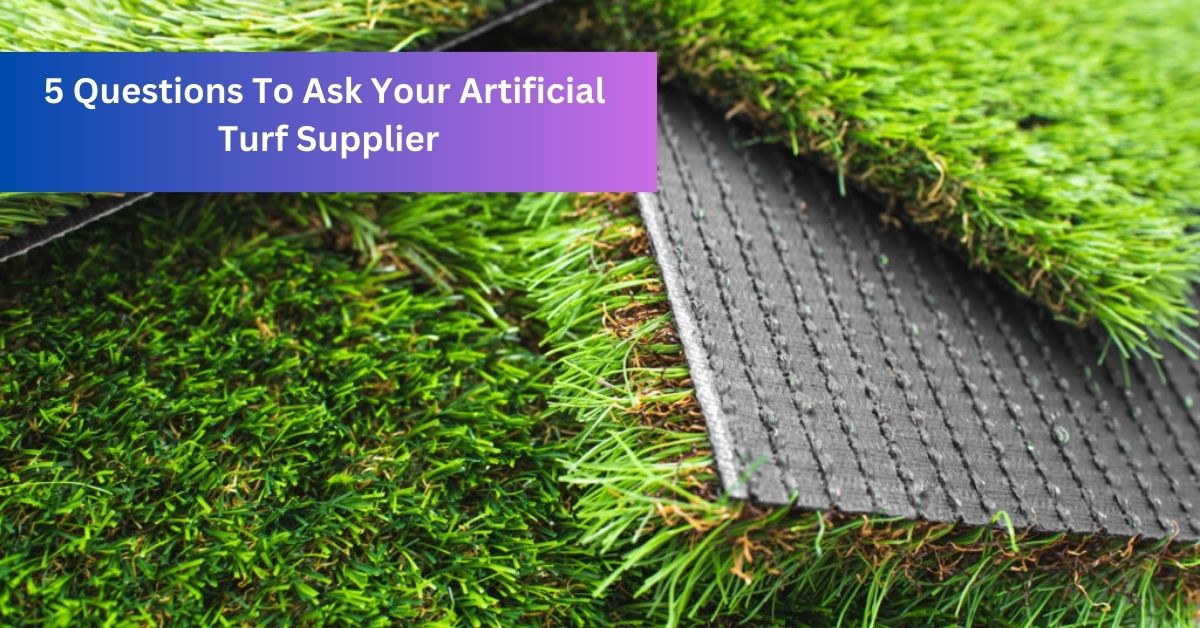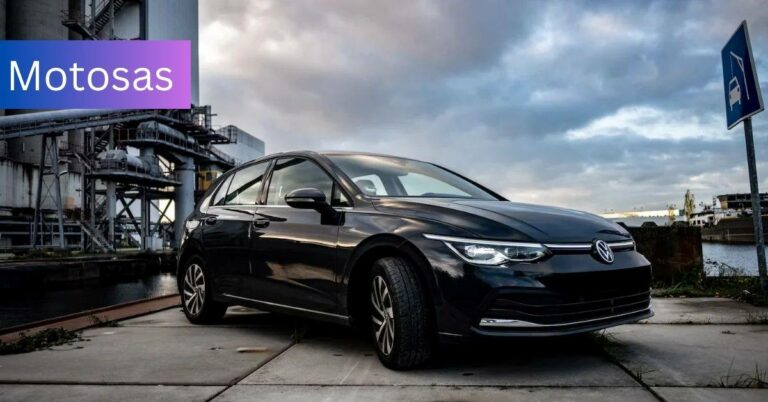5 Questions To Ask Your Artificial Turf Supplier
Artificial turf can vary widely in quality, technological features, durability, and suitability for different applications. When dealing with an artificial turf supply company, ask the right questions to get reliable products and services. Here are five questions to ask your artificial turf supplier:
1. What Types of Artificial Turf Do You Offer?
The suppliers of artificial turf west palm beach and elsewhere, generally offer various artificial turf products, including different heights, colors, and textures to suit various applications. Shorter heights are ideal for sports fields, while taller heights are suitable for landscaping and recreational areas. Synthetic turf comes in various colors, including shades of green, brown, and multi-tone options to mimic the appearance of natural grass. You can choose soft and lush textures for residential lawns or firm and resilient textures for high-traffic areas.
Suppliers offer various artificial turf products, including different heights, colors, and textures to suit various applications. Shorter heights are ideal for sports fields, while taller heights are suitable for landscaping and recreational areas.
Synthetic turf comes in various colors, including shades of green, brown, and multi-tone options to mimic the appearance of natural grass. You can choose soft and lush textures for residential lawns or firm and resilient textures for high-traffic areas.
2. Factors When Choosing a Suitable Artificial Turf?
When choosing artificial turf, consider your local climate, such as sun exposure and rainfall. If it’s a warm climate, look for artificial turf with UV resistance to prevent fading. Consider turf with efficient drainage systems in regions with heavy rainfall to prevent waterlogging and to maintain a mud-free surface.
The choice of infill material can impact the performance and feel of the turf. Some install rubber or sand in sports fields, while softer infills may be appropriate for residential applications. Artificial turf supply companies sell synthetic grass at varied prices so you can shop around for a reasonable price. Higher-quality turfs, often with advanced technology and durability features, may come at a higher price.
3. How Does Artificial Turf Handle Rainwater?
Some quality artificial turf products feature a perforated backing that allows water to pass through easily. These tiny holes in the backing facilitate drainage, preventing rainwater from accumulating on the turf. An aggregate sub-base is beneficial in areas with heavy rainfall or poor drainage.
This sub-base helps channel rainwater away from the turf so that the surface remains dry and usable. Correct slope and grading of the installation site can also aid in water drainage. Installers consider the natural flow of water on your property when determining the direction of the slope.
4. What Maintenance Is Required for Artificial Turf?
Synthetic turf requires minimal maintenance, such as routine brushing to prevent matting to help maintain its appearance. You can also use a leaf blower, rake, or hand broom to remove leaves, twigs, and other debris from the turf’s surface.
Clean and disinfect the turf using a mild detergent and water solution to eliminate residue or bacteria. If you notice any minor damage, such as small tears or loose seams, hire turf experts to address them promptly. You can schedule periodic professional maintenance services for high-traffic areas like sports fields. Professionals can deep-clean the turf and address any issues that may require expertise. Many of these practices also apply to Artificial Turf & Putting Greens, ensuring both your lawn and your golf practice area stay in peak condition.
5. Does the Artificial Turf Meet Certifications?
Artificial turf with sufficient cushioning can lower the risk of injuries from falls. Some artificial turf systems come with optional shock-absorbing padding underneath, making the artificial turf more comfortable.
Some artificial turf products have antimicrobial treatments to inhibit the growth of bacteria and other microorganisms. Look for certifications from organizations like the International Play Equipment Manufacturers Association, which tests for safety in play equipment surfaces.
You can also ask about the softness and abrasion of the turf to minimize potential injuries, such as abrasions or rug burns.
Invest in Quality Artificial Turf Supply
Buying high-quality synthetic turf can result in a longer lifespan for your artificial turf, offering a better return on your investment. Premium suppliers may offer customization options, such as blade density, infill selection, safety features, pile height, and backing. Reputable suppliers provide environmentally friendly turf options crafted from recycled materials, incorporating sustainable design elements.





